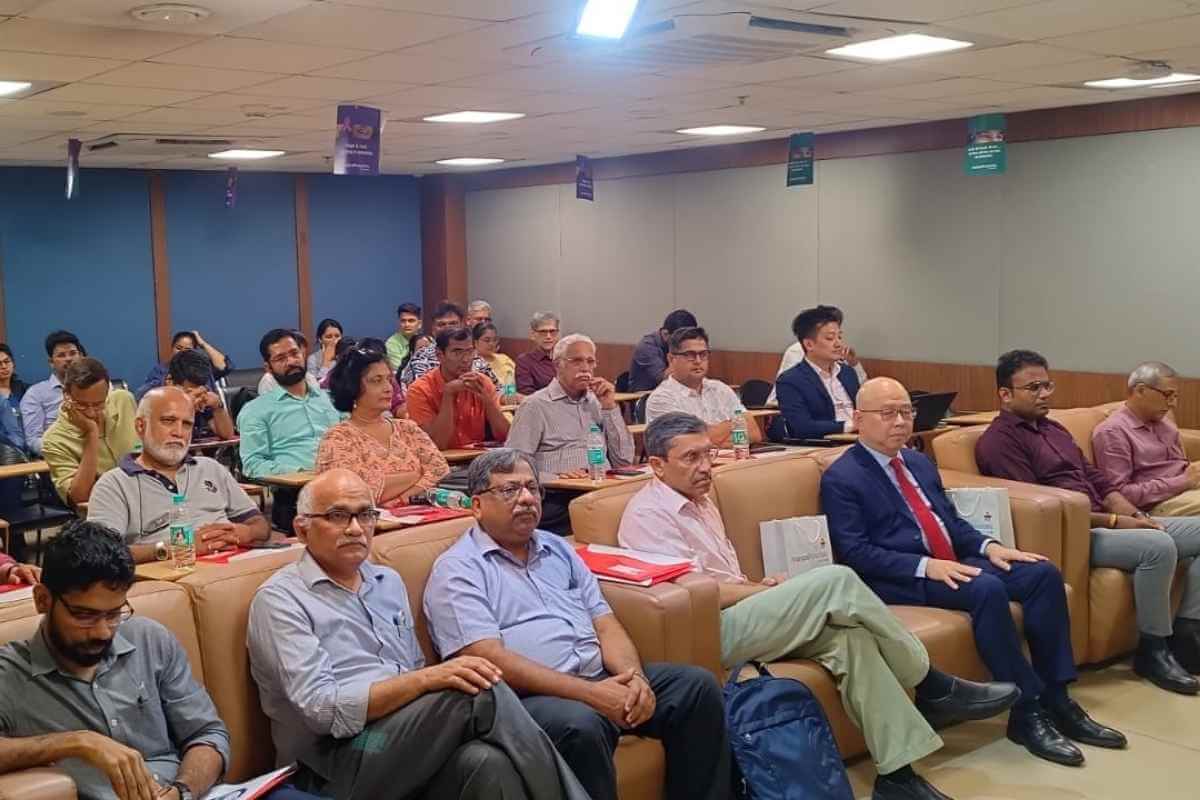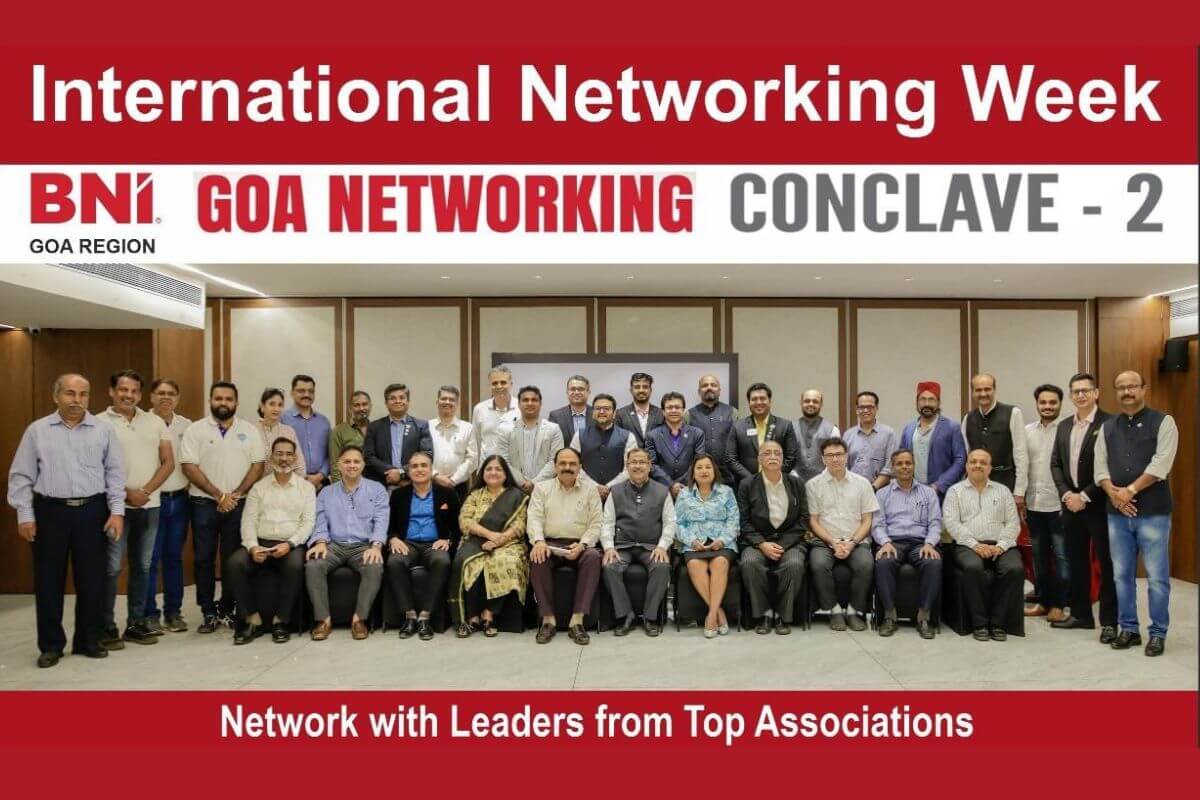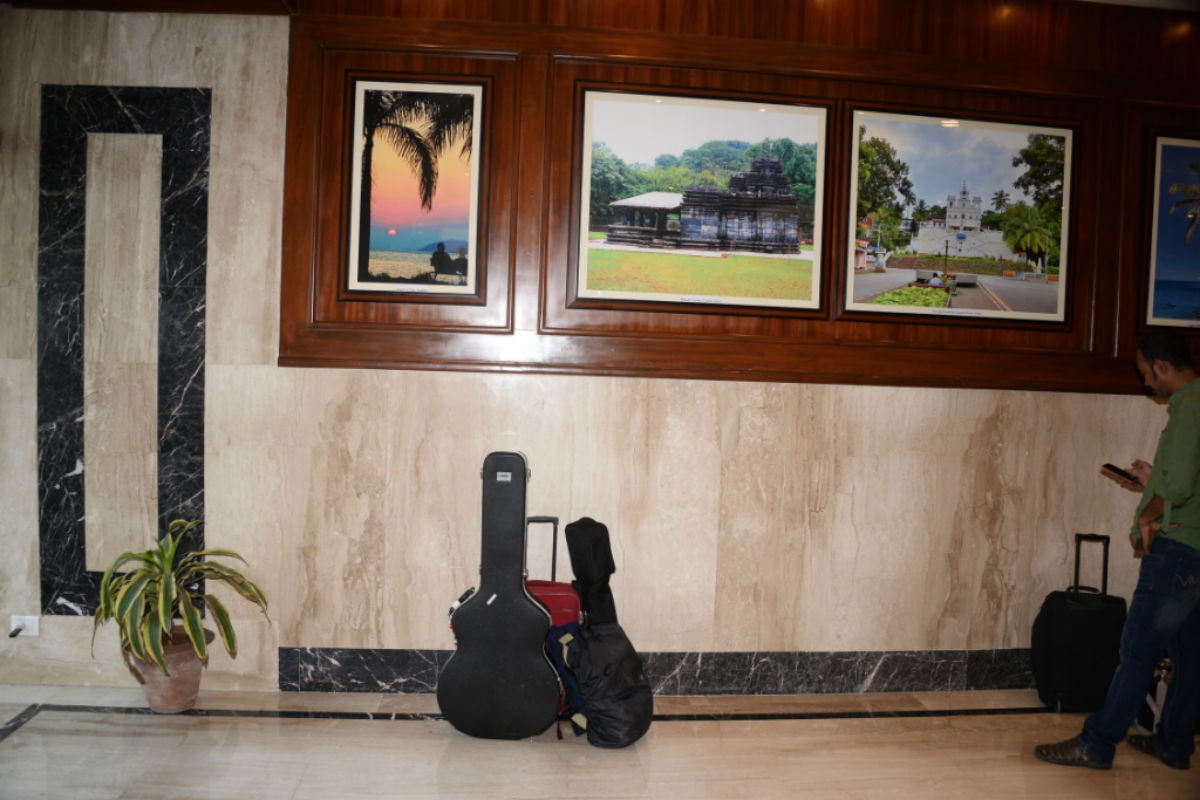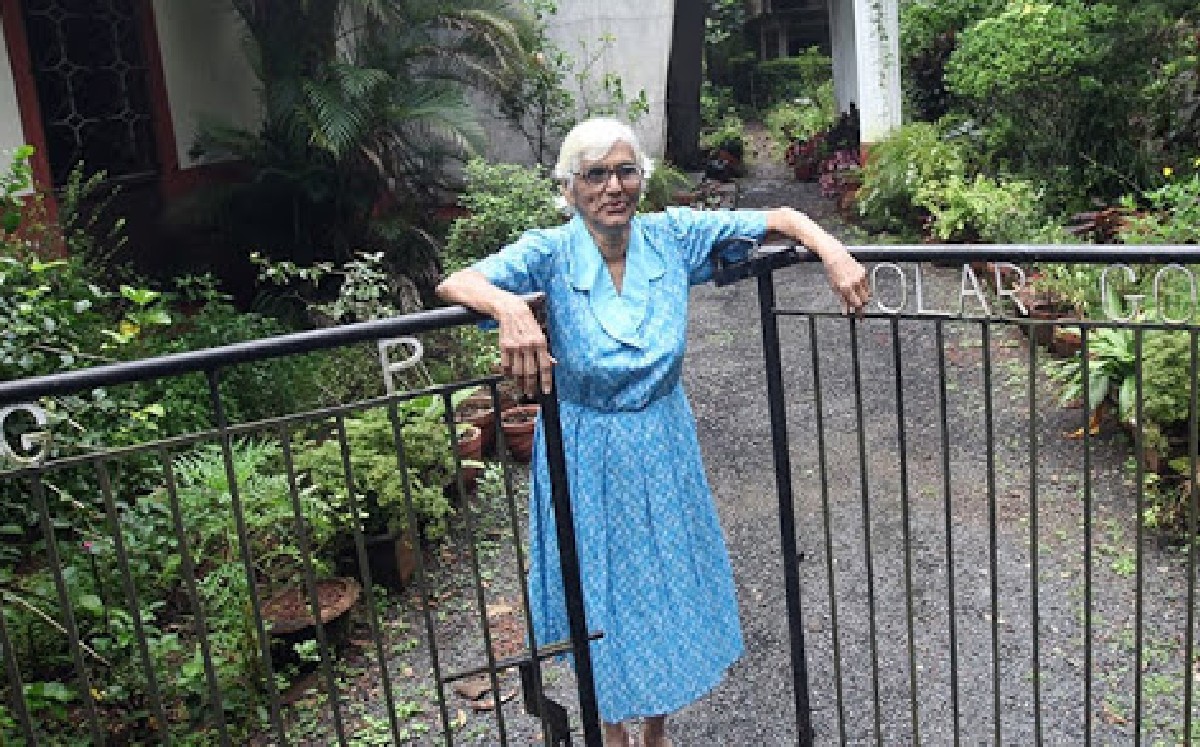The ongoing pandemic has led to a lot of disruption in our daily lives, but at the same time, it has also created a market for innovative products. ‘Necessity is the mother of invention’, as the quote goes, and in this time where the need is for as little human contact as possible, we are seeing companies and individuals come up with systems and products to allow people to carry out their daily work without increasing their risk of infection. Medical supplies and mask sales have gone through the roof, while there have been many innovative products developed over the last few months as well.
One of the most impressive products in this regard has been developed by an Indian startup. Sprintly, which is a startup based in Goa, has created an innovative contactless system to open doors and operate elevators, which has been picked up by many large companies to aid their operations.
Hotel chain Oyo, and large corporate house L&T Realty are just two of the companies’ customers for this product. It is no surprise that Sprintly has seen demand shoot up during the last few months, as companies look to try and reduce the number of surfaces their customers and employees come in contact with.
The company has been around for some time, having received a seed grant of over $13,000 (nearly 10 lakh rupees) from the Goa government in 2017, and has already raised two rounds of funding from the US. It is reportedly now looking for fresh funds in order to expand to South India as well as the US.
The two founders, Rohin Parkar and Malcolm D’Souza have an engineering background and worked together at Motorola, TCS, and Nokia. Their experience with wireless technology and Bluetooth helped them with setting up Sprintly, and the company is now in talks with lock manufacturers in India and abroad to integrate their systems and create smart locks.
Sprintly currently employs 32 people, with three offices and over 70 clients, both domestically and abroad.
Sprintly is just one example of how innovation is helping companies and industries cope during this time. We have seen how many businesses have gone online to provide services safely to customers, with the gambling industry being a prime example.
Some casino operators have tied up with gambling and sports betting websites to provide the best casino slots online and other casino games, with the result that the popularity of these sites has never been higher. At the same time, land-based casinos will need to take measures to be able to open safely as well, and it is here that innovative products can help out. Matsui Gaming, a Japanese gaming manufacturer has recently launched the Nova Guard Chip Protect series of casino chips, which can apparently kill bacteria and other microorganisms that it comes in contact with.
These chips have an antimicrobial material that is coated onto the rim and the center of the chip, while they look and feel exactly like normal chips. Casinos have been regularly using disinfectant sprays and UV sterilizers, among other methods, to clean chips between uses in the last month or so, but doing so will eventually cause discoloration, as well as break down the structural integrity of the chip. The Nova Guard Chip Protect chips’ inbuilt protection removes the need for this, and is another innovative solution which can be adopted by casinos worldwide in order to provide a safe gambling experience for customers.
Thus, we can see how innovation is helping businesses survive and continue their operations during this unprecedented pandemic. With the current situation likely to persist for some time, there will need to be more and more such solutions if businesses are to operate safely.

























